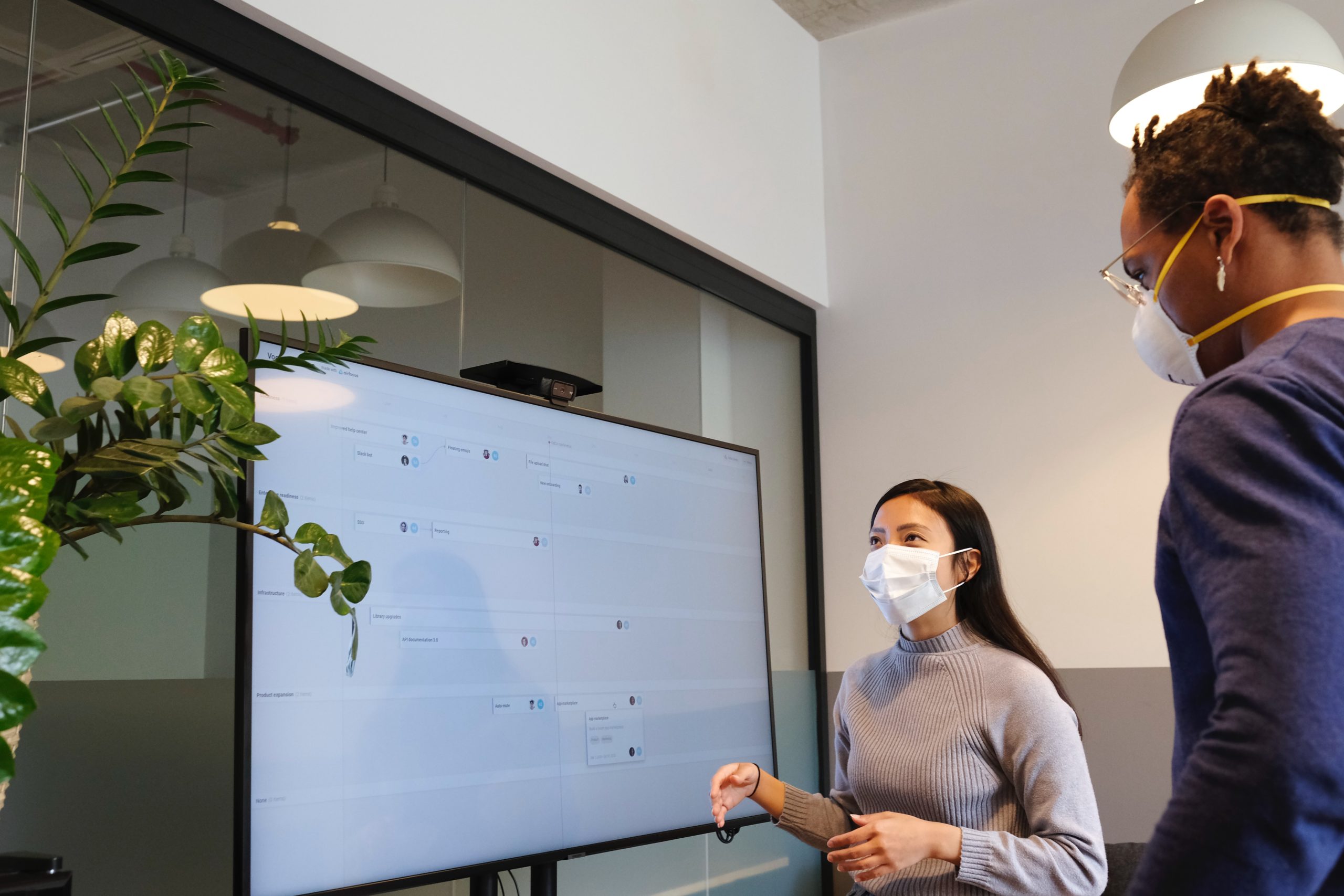Colorado’s First Small Business Resilience Index

In the wake of COVID-19, which factors have contributed most to the economic resilience of Colorado’s small businesses? As the state looks toward recovery, how are our underserved small businesses faring? The team at Energize Colorado and I were eager to know.
With a green light from the State of Colorado, I set to work forming a diverse and creative group of economists, public health experts, and business leaders to answer those questions. The Energize Colorado team and I collaborated with CU Leeds School of Business, McKinsey & Co., and Underestimated People of Purpose to create the first comprehensive index tracking the COVID-19 pandemic’s impacts on the Colorado small business economy.
The Small Business Resilience Index (SBRI) is a culturally responsive dataset that includes social capital as well as business capital, critical factors for resilience. We analyzed 750 responses from surveys sent to 14,000 small business owners in Energize Colorado’s database, measuring the correlation between the SBRI, demographics, and overall business performance in order to understand predictors of small business resilience. We included measures of social capital—hope, trust, and belonging. How were small business owners, the individuals who matter most to the success of the business, coping?
The SBRI data point to common barriers small businesses face, including access to capital, which disproportionately impacts businesses with net revenue under $500,000 per year. Because of this and other factors, Colorado’s smaller businesses continue to lag in recovery.
Key Findings of the SBRI
- 82% of respondents said the 2020 pandemic and lockdowns had hurt their businesses, and 46.5% of businesses said they believed they would not be able to continue to operate if another lockdown happened today.
- We estimate that small businesses in Colorado making under $500K/year in revenue lost an estimated 7.5 to 8.2 billion dollars in profit over 2020, equal to 2.3% of Colorado’s total GDP or a 160% of the state’s total GDP loss alone last year.
- These businesses struggled to access relief funds as well.
- Those making more than $500k in revenue performed significantly better.
- 36.0% reported a >15% decrease in profit last year, compared to 8.0% reporting a >15% increase.
- “Trust” in local and state governments from small business owners scored the lowest (getting a 56 out of 100 possible).
- The greatest contributor to low trust scores, in addition to difficulty receiving recovery funds/loans, was a lack of timely consistent information about economic conditions and policy changes.
- Companies that were more adaptable to new technology and its uses performed significantly better than companies that did not focus on these areas.
- Educational attainment is significantly related to technological adoption and goal-setting/KPIs.
A Culturally Responsive Index
Cultural responsiveness is the ability to learn from and relate respectfully with diverse groups of people. The SBRI looks at the dormant capacities of diverse entrepreneurs to build markets, and Energize Colorado’s culturally responsive approach to using quantifiable data science to find these early signals supports the growth of the Colorado business community.
It’s our vision that, by quantifiably measuring the small business ecosystem, the SBRI will be a guiding light for future program development for Energize Colorado as well as a tool to help small businesses access specific resources to improve their resilience. To that end, we have presented the data to state economists and will be sharing our insights with Colorado’s small businesses in the first quarter of 2022.
Each small business that responded to the survey will receive a specific report that includes a resilience score and actionable insights, plus connections to resources across the state that can help bolster their resilience. We are also planning small educational events to teach businesses about the vectors of resilience that are unique to our findings. Although we can’t predict when the next downturn will happen, it’s our hope that the SBRI will help businesses when that time comes, that with these insights they’ll be stronger and they’ll navigate better.
